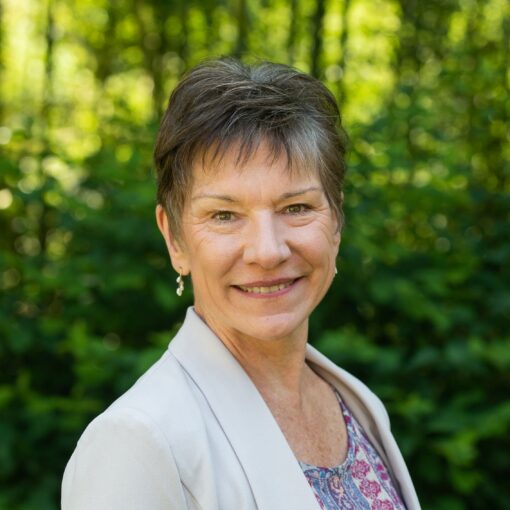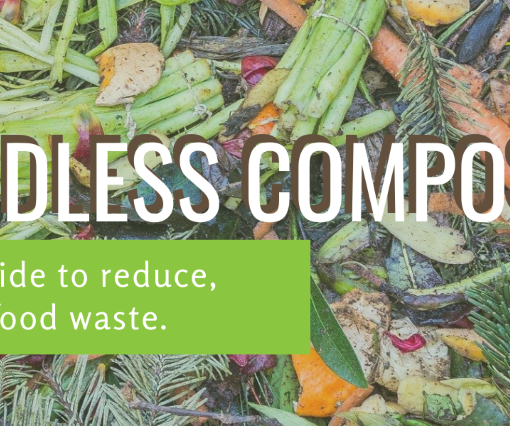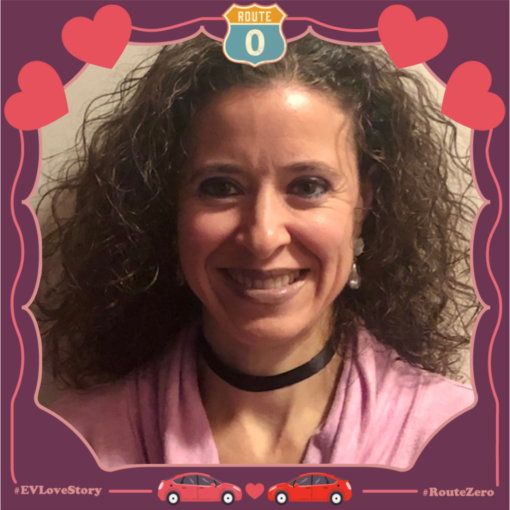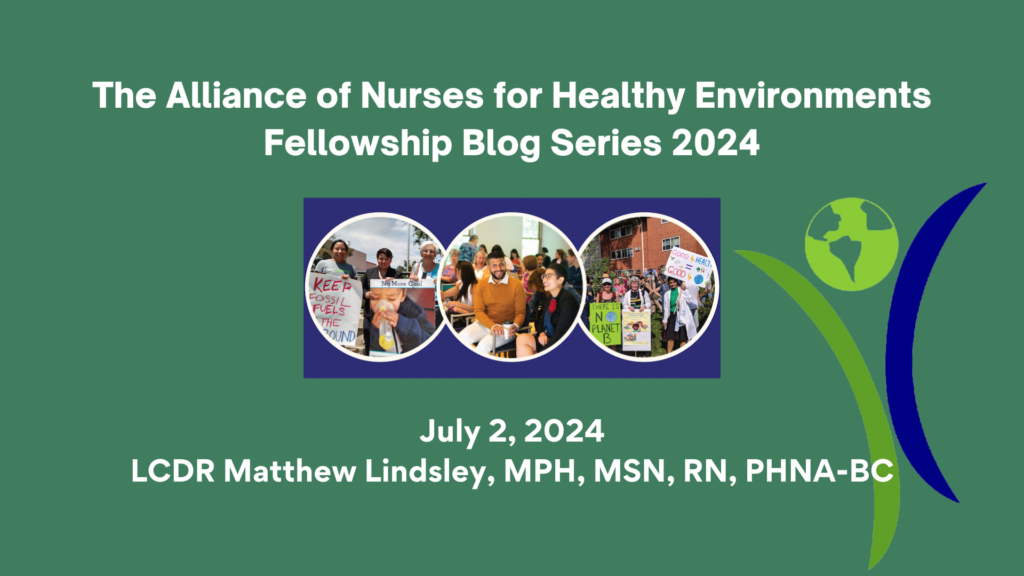
If I only knew then, what I know now
Rarely does one associate agriculture with nursing. Yet, the connection has profound impacts on both human and non human health. Consider the quality of soil, either void of nutrients or enriched, it sustains life, from the smallest microbes to complex plants. Imagine planet Earth’s soil as a surrogate measure of our environment’s health — a barometer of illness to wellness.
While pursuing my BSN, I didn’t appreciate that plants and humans share nutritional requirements, defense mechanisms, communication systems, or medicinal properties. Chemistry. Microbiology. Nutrition. I just needed to get through those required courses. Nor could I comprehend how industrialized food production impacts our health, and the environment.
Today nearly 25 years later, I reflect on that foundational coursework as an analogy to my public health nursing career. Each class, in succession, like each job I took, would eventually enhance my understanding of the health of our planet.
As a lifelong learner, I can’t deny the professional pathway that led me to become a Nurse, Farmer and Officer. My debut as a new grad led me to Carata, Peru where I gained more from the agrarian Andean village than I could ever offer as a nascent RN. The experience of living and thriving at 10,000 feet “changed me” as Returned Peace Corps Volunteers have been known to say.
I recall several circumstances in which “fulano de tal” (English translation: so and so), unintentionally ingested his potato pesticide and didn’t survive, the malnourished infants, or a host of farm-related occupational injuries. These events remain salient in the evolution of my thinking of first caring for a single patient, and then for a population, knowing our environment either hinders or supports one’s health.
The Alliance of Nurses for Healthy Environments (ANHE) was an obvious professional organization to join, where I was welcomed and accepted by a diverse, intellectual and social community.
Root causes of morbidity have always haunted me. Concerned patients and colleagues drove me to pursue answers for their environmental questions, particularly related to our food system. ANHE members directed me to peer-reviewed literature and reliable sources to bolster my educational journey.
That personal quest for knowledge pushed me to enroll in a Doctor of Public Health program focused on these topics, and to align the fields of public health nursing and agriculture. The ANHE Nursing Fellowship was alluring. It offered mentorship, a platform to volunteer with a community-based organization, and the opportunity to apply my doctoral theory to practice.
With the assistance from ANHE staff, I partnered with Pasa Sustainable Agriculture, a grassroots organization in Pennsylvania, whose mission is “Cultivating environmentally sound, economically viable, community-focused farms and food systems.” From Foodshed map research to inform the rollout of their own map, the work grew into a “Farm to Healthcare” initiative. A sample of healthcare facilities were surveyed to learn about motivations and challenges for incorporating more local food into their menus.
The past two years have provided new focus and future direction. I’m indebted to ANHE and Pasa for their time, patience and, most importantly, unconventional thinking, aligning public health nursing and agriculture to seek out solutions to our most complex global challenges. I challenge you to step forward, discover these emerging intersections in nursing with others and, key to the mission, share your knowledge.
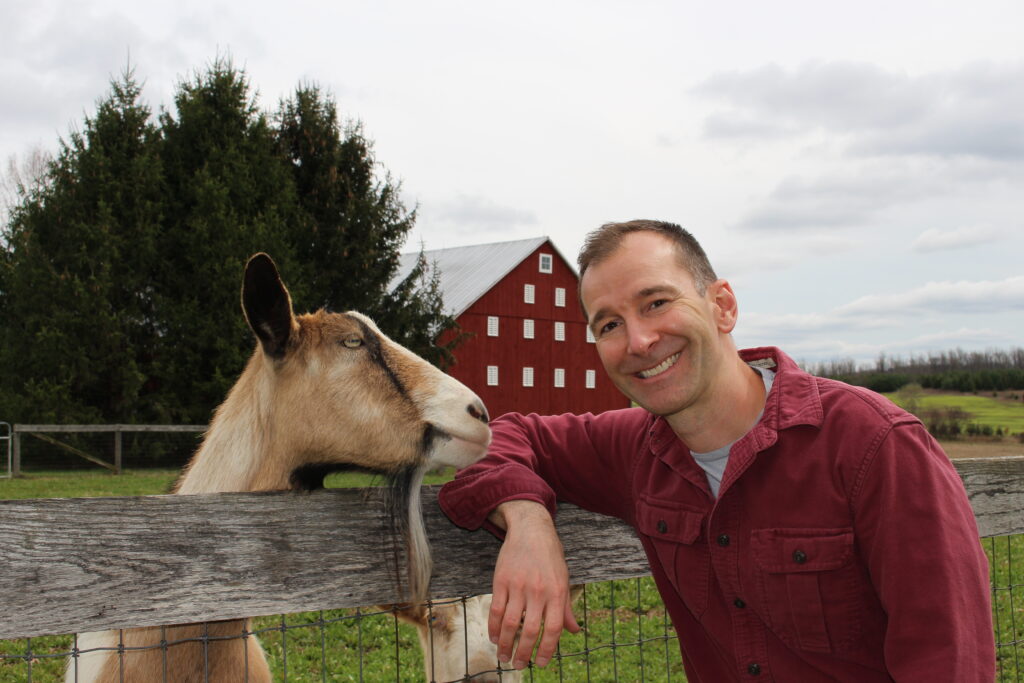
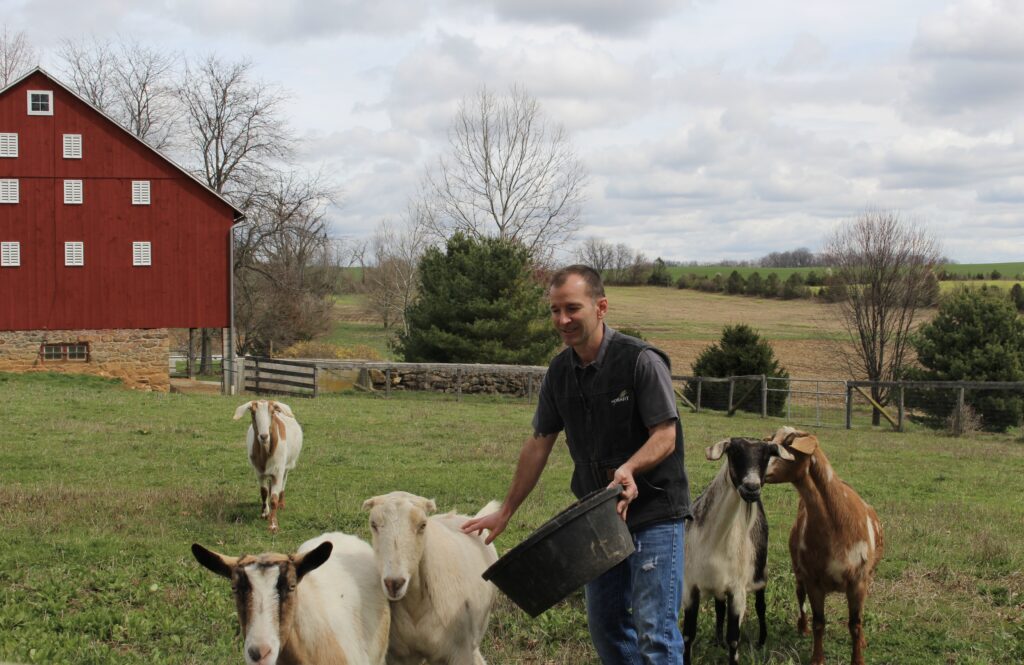
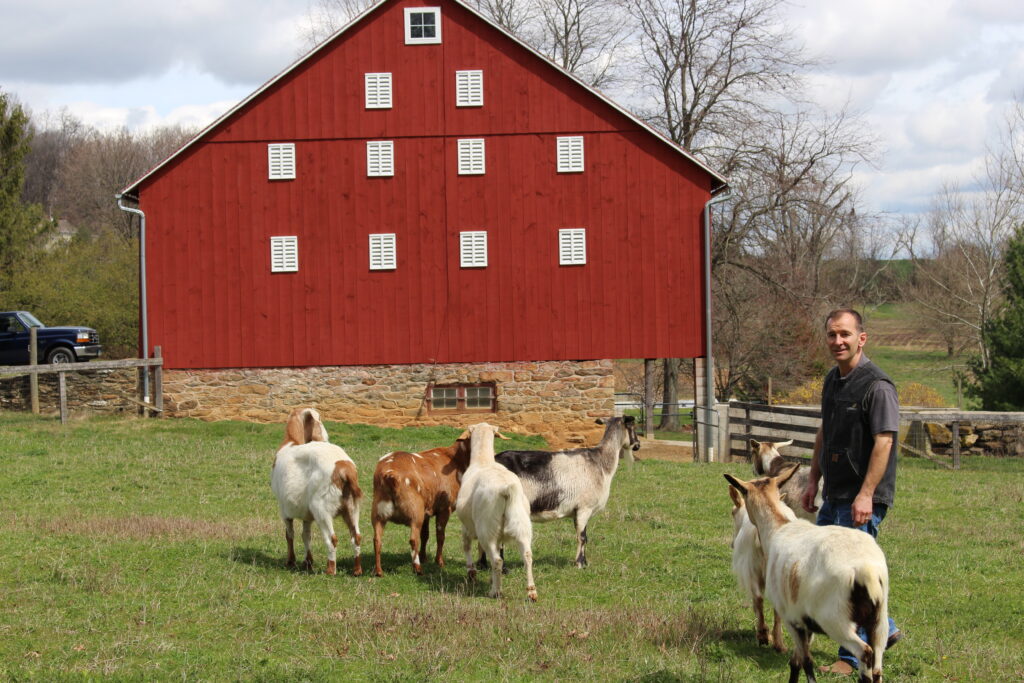
LCDR Matthew Lindsley MPH, MSN, RN, PHNA-BC is a DrPH student in the department of Environmental Health and Engineering at Johns Hopkins Bloomberg School of Public Health. Upon completion of his MSN/MPH degrees, he became a Board Certified Advanced Public Health Nurse and has nearly 20 years of experience. In 2011 he co founded Hobart Farm, a family owned egg laying, goat grazing, vegetable producing hobby farm in Hanover, PA. He is positioned to bridge agriculture and public health to improve Food System resilience and mitigate Climate Change. From 2022-2023 Matt was a member of the Alliance of Nurses for Healthy Environments Fellowship, Cohort 2.


